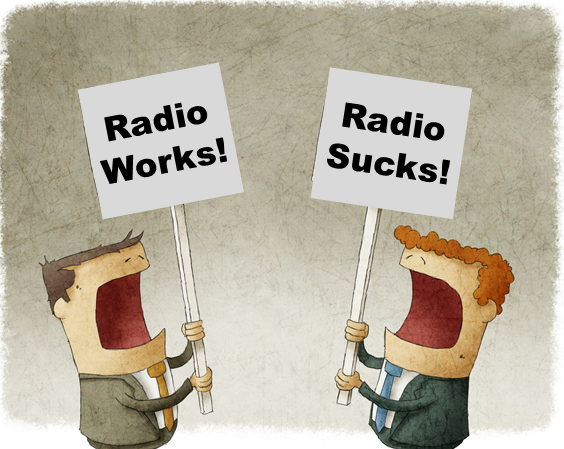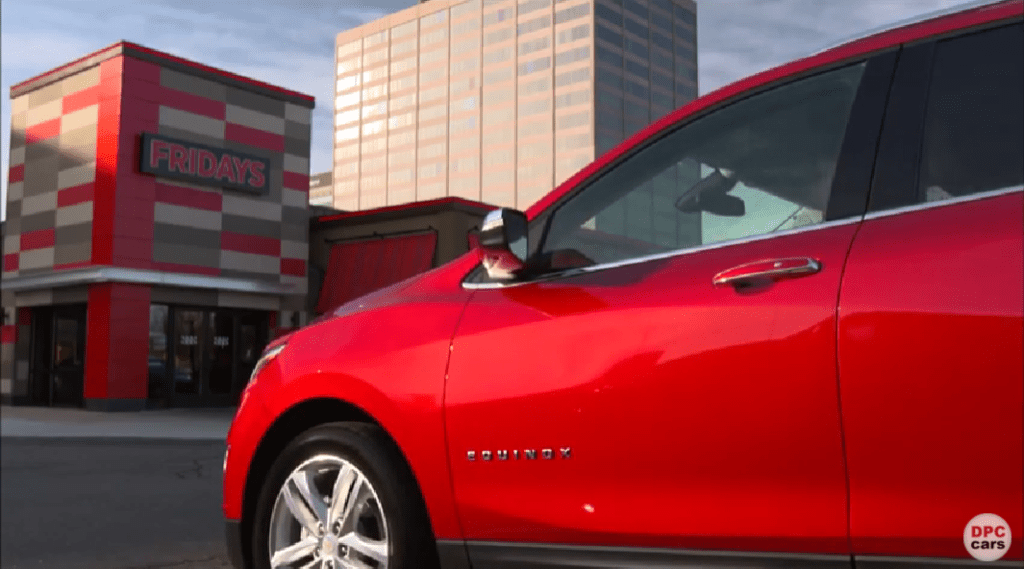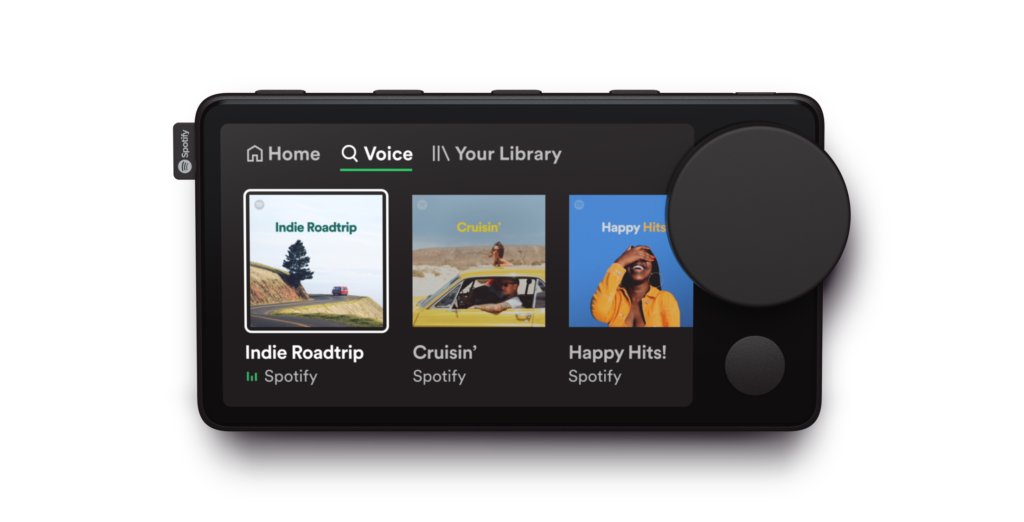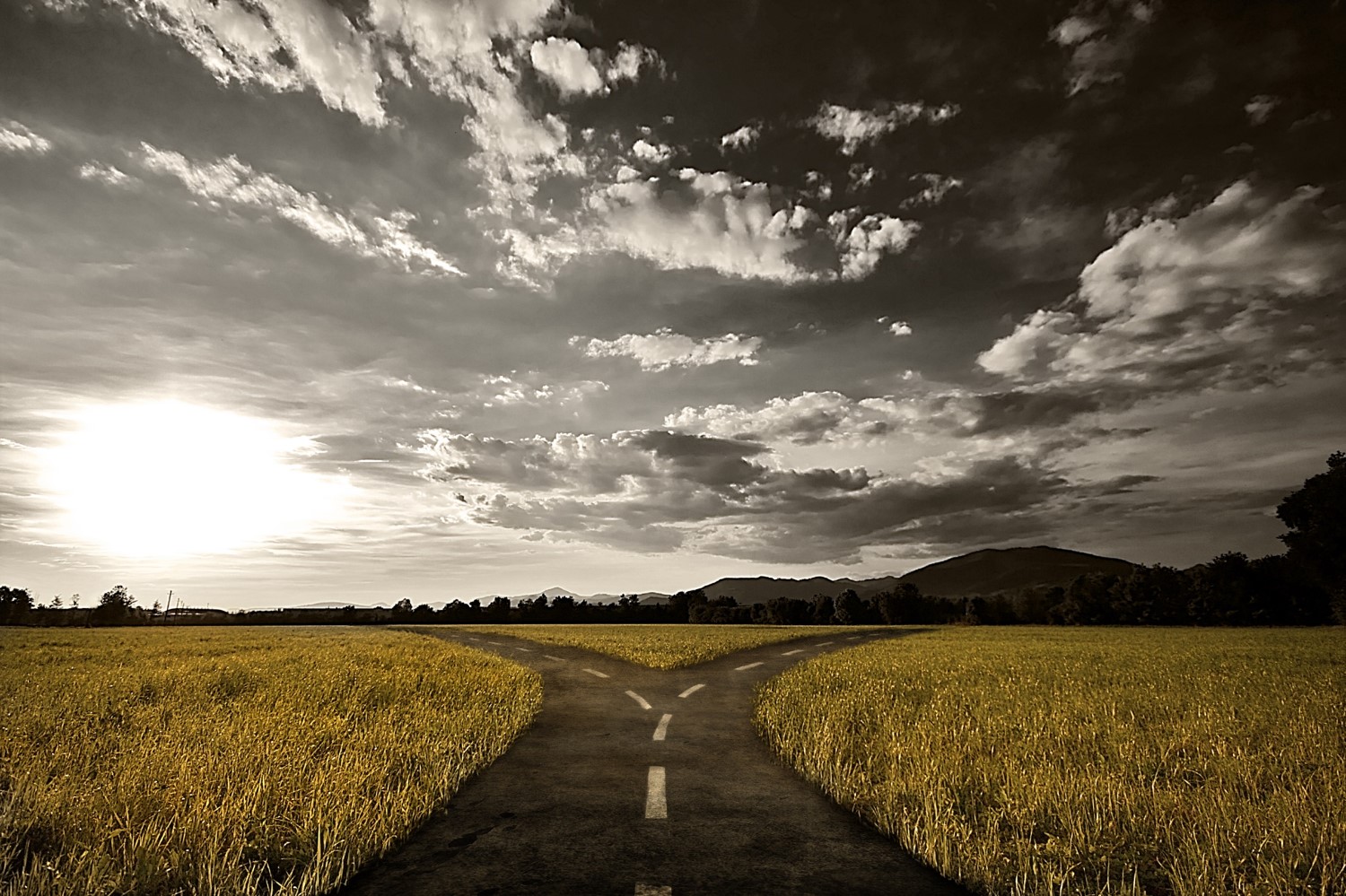
Today’s #TBT journey in the JacoBLOG-osphere is a short skip back in time – just two years ago to yet another crossroads for radio as the pandemic was winding down.
The issue is how to think about the state of the radio business in the wake of the worst disaster any of us had ever faced. Here we are, two years later, and we’re still grappling with many of the same issues. At that time, I was trying to read the media tea leaves. Back in 2022, Spotify was about to launch its next “radio killer.” I wasn’t impressed but others were predicting the demise of radio – again.
In the play “Spamalot,” Monty Python cleverly reminds us, “We not dead yet.” And yet, no one is giving radio that clean bill of health either. And as the writer of a daily blog (mostly) about radio, it’s a challenge to strike a balance between hopefulness and cynicism.
Two years later, and the slog for radio continues, are we any smarter or wiser today than we were 24 months ago? I’m confident you will make sure I’m the first to know. – FJ
February 2022
As a result of writing this blog, I get to hear from quite a lot of people – directly in the “comments” section of this blog or on social media. Monday’s post celebrated 17 years of writing this blog, and it was great to hear from my “regulars” – those who read it every day, and who are especially apt to leave their opinion.
We’re living in a world comprised of strident poles where we find ourselves diametrically opposed to one another. You’re for masks or you’re against them. You’re a Republican or a Democrat. You think radio sucks or you are an ardent supporter. There’s no middle ground, much less any common ground as we take up sides, pick our teams, and do battle with one another. We may not be in the middle of another Civil War (yet), but we’re finally understanding how our ancestors could choose a uniform and start shooting at their fellow countrymen. It’s a crazy, divisive time.
This duality makes it difficult to know where we really are in the big scheme of things. And then along comes a global pandemic to totally disrupt our habits, our certainties, and our foundation. No wonder why we’re yelling at one another.
So, as your comments rolled in Monday to our post about our blog, I was struck by how many people pointed to my ability to find a gray area – and to not use this perch as a bully pulpit to admonish those who I believe are guilty of something as we go through this exercise to establish what’s wrong with radio and how can we fix it.
One of my best commenters is Bob Bellin, a guy I used to consult back in the ’90s. Over the past few years, Bob has emerged as a key observer of industry trends, while keeping me honest about these writing and musings. Here was his comment on Monday:
“Your blog manages to trigger thought and discussion, often critical of many of the largest radio companies. Somehow, you manage to do it without alienating those companies that hire you, or appearing to be their apologist. That’s a very fine line to walk but you do it with grace and skill. Its hard to mix diplomacy and criticism credibly, but day after day, you find a way.”
As is often the case, Bob nailed it. The world of sports has many phrases for unabashed die-hard fans, people who will support a team or an athlete, no matter the circumstances, through right or wrong, good or bad, or whether they’re playing at the top of their game or stinking it up on the field, the court, or the ice.
Those people are called “homers,” always rooting for the home team, even to the point of absurdity.
 There are folks who feel that way about radio, perhaps not as big a tribe as they used to be. But nonetheless, they are 1000% behind the medium, defending it at all costs, rationalizing the competition, while insisting that radio survived the existential threat posed by television in the 1950s, and the medium will prevail against its digital predators in the current battle.
There are folks who feel that way about radio, perhaps not as big a tribe as they used to be. But nonetheless, they are 1000% behind the medium, defending it at all costs, rationalizing the competition, while insisting that radio survived the existential threat posed by television in the 1950s, and the medium will prevail against its digital predators in the current battle.
And then there are the haters, ironically most of whom are former radio professionals who have become alienated and thoroughly disgusted by the industry they once loved and that provided them with a platform and a living. But now, they point to consolidation and corporate greed as the bugaboos that have all but brought radio to its knees. Just ask them, and they’ll tell you that radio is in a death spiral.
Oddly enough, there’s common ground here. These two seemingly disparate groups whose strings of comments can get downright vitriolic at times actually agree on one thing:
They love radio.
And they can both be right at the same time. Radio is still a truly amazing, albeit a challenged enterprise. It can also be arrogant and oblivious to the competitive world around it. Both of those statements are true, while they are also false.
For very different reasons, of course, radio people now occupy opposite sides of the arena, ready to spring into action to vehemently argue and defend their points.
As Buffalo Springfield once presciently sang:
“There’s battle lines being drawn.
Nobody’s right if everybody’s wrong.”
That sums it up. Whether you’re new in the business or long retired, you worked in music or spoken word, public or commercial radio, AM or FM, sales or programming – your DNA is essentially the same. You may be defending and embracing radio or ridiculing and assailing it, but in the end, you would love to see the industry live up to its potential and its promise.
That’s the state of the radio union – or disunion – in early 2022. We are still not out of the pandemic, feeling its effects on the ratings and on revenue. And yet, the future seems very much in play at this moment.
In just the past few days, we’ve seen evidence to support both sides’ contentions.

GM announced this week it is shuttering Marketplace, an in-dash connected experience revolving around making retail purchases from the convenience of your car. In reality, this mobile ecommerce app was working around radio to connect with retail partners that included Dunkin’ Donuts, Domino’s Pizza, Applebee’s, IHOP, TGI Friday’s, Home Depot, Shell, and others.
We’ve been showing their promo video since 2017 in our car presentations when the service first launched. It depicted a driver of a GM vehicle making his way around town, using his nifty dashboard to make purchases, order ahead, and reserve tables at area restaurants. The concept was to partner with key retailers to circumvent the middleman – radio.
And it didn’t work.

Then there is Spotify, a name we hear a lot about in media news circles these days. Now they’re introducing Car Thing, a device designed to let people play the service in their cars. Again, working around radio in the dash. As Martin Piers points out in The Information, it is nothing more than a remote for the Spotify app on your smartphone.
Piers quotes a recent review in CNET, plunking down $90 for Car Thing is simply redundant to using your phone, plus it requires a Spotify Premium subscription. Once again, it’s another example of a big name tech company trying to play radio in the car – and striking out.
So, there are some tech big boys striking out on their efforts to try to take down radio. This is nothing new. At one time or another, seemingly every mega tech company has gone after what radio has. And the results have been checkered – at best.
 And it continued last week in Hypebot, a web publication about media and technology I enjoy. In a story about a new partnership between the aforementioned Spotify and Complex Networks, Hypebot made this lofty statement:
And it continued last week in Hypebot, a web publication about media and technology I enjoy. In a story about a new partnership between the aforementioned Spotify and Complex Networks, Hypebot made this lofty statement:
“Spotify, Complex live programming deal moves streamer closer to making radio irrelevant.”
It’s not even a question – it’s a statement.
These moments are now coming fast and furious. And while many of these challenges will likely go the way of Marketplace or Car Thing, the fact is that everyone seemingly has its crosshairs on radio.
To make matters worse, radio is blowing opportunities of its own. In this week’s “Blogstein,” Steve Goldstein’s blog that is uniformly excellent, Steve pointed to the resurgence of spoken word – a trend that podcasters have capitalized on while radio continues to program the same old talk programming.
have capitalized on while radio continues to program the same old talk programming.
In “This Undeniable Trend Should Frighten Every Talk Radio Station,” Steve points out that spoken word programming is skyrocketing in the podcasting world, appealing to younger demos.
And on the other side of the coin, listening to spoken word on broadcast radio is trending down. Worse, the median age of a talk radio listener is 56 – older than any other radio format.
Of course, the fact many talk stations are on AM is an issue, but so is the fact these stations are staid, conservative, and old – a bad combination of stasis that has caused this format to atrophy. And of course, the loss of Rush Limbaugh dealt a blow to a format already clinging to the fumes of the past.
Steve’s solution?
“Talk radio needs to think beyond the transmitter and experiment with listening via streams, podcasts, and smart speakers to succeed in this environment. Programmers and hosts must be more inclusive, try new types of content, and work hard to attract different voices and audiences. What matters most is to be bold and not afraid to branch out.”
Will this happen? Not the way broadcast radio is headed, generally content to keep its radio portfolio acting as a marketing tool for its podcast and digital assets, while doing little to improve its programming content or its connection to its audiences.
Investment in “other” may be a good strategic strategy for broadcast radio companies now forced to diversify. But it if comes at the expense of continuing to protect and invest in its core radio product, radio broadcasters will have missed the moment to energize a medium that still has plenty of gas in the tank.
Right now, many broadcasting execs are meeting at CRS. In just a few weeks, it will be the NAB Show in Vegas, and then the virtual All Access Radio Summit.
My sense is that radio people are excited about hanging out with one another once again, the first time that’s been possible since the COVID pandemic changed everything. 
I’m looking forward to these gatherings, too. But I hope conference organizers don’t just populate their keynotes, panels, and sessions with the same topics, the same faces, and worse, the same-ness of thinking and acting. This is the time to get down, to air it out, to have meaningful dialogue, to passionately argue your position, and to come away with actions, tactics, and maybe even a plan.
So, back to the premise of this blog – am I pro radio, “eating the cornbread,” and insisting that radio will come out of this just fine?
Or am I an angry, frustrated former radio manager who has higher expectations, who knows the industry can do better, and still very much hopes that leadership will step up and seize this moment?
Yes.
Or to quote Homer….
“DOH!”
Your comments are welcome.
“Yes, there are two paths you can go by, but in the long run
And there’s still time to change the road you’re on.”
- Jimmy Page & Robert Plant
- What To Do If Your Radio Station Goes Through A Midlife Crisis - April 25, 2025
- A 2020 Lesson?It Could All Be Gone In A Flash - April 24, 2025
- How AI Can Give Radio Personalities More…PERSONALITY - April 23, 2025





Funny, I have Springfield radio station KBBL listed as one of my places of work on my Facebook profile. Funnier still, I just looked up KBBL to see if there really was such a station. There is, and what format do they play? Contemporary Christian Music, which is what I spent most of my radio life doing! You know you live in a crazy world when you can find a common thread between me, the Simpsons and CCM radio!
Small (weird) world, David.